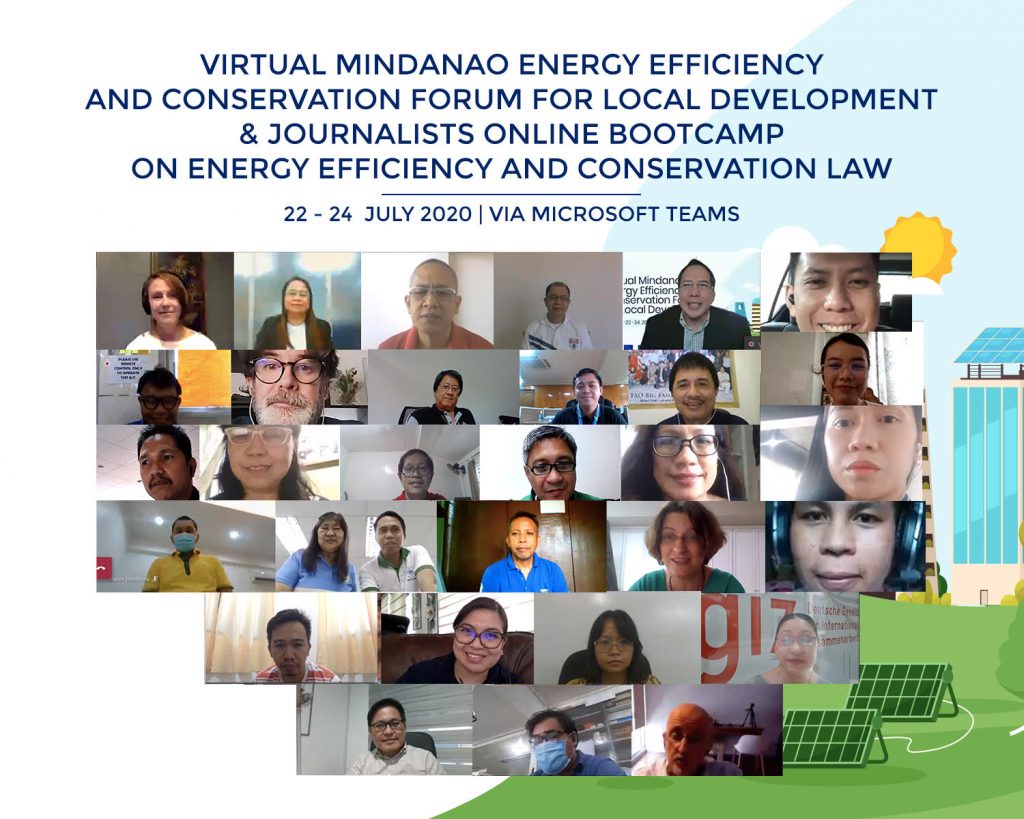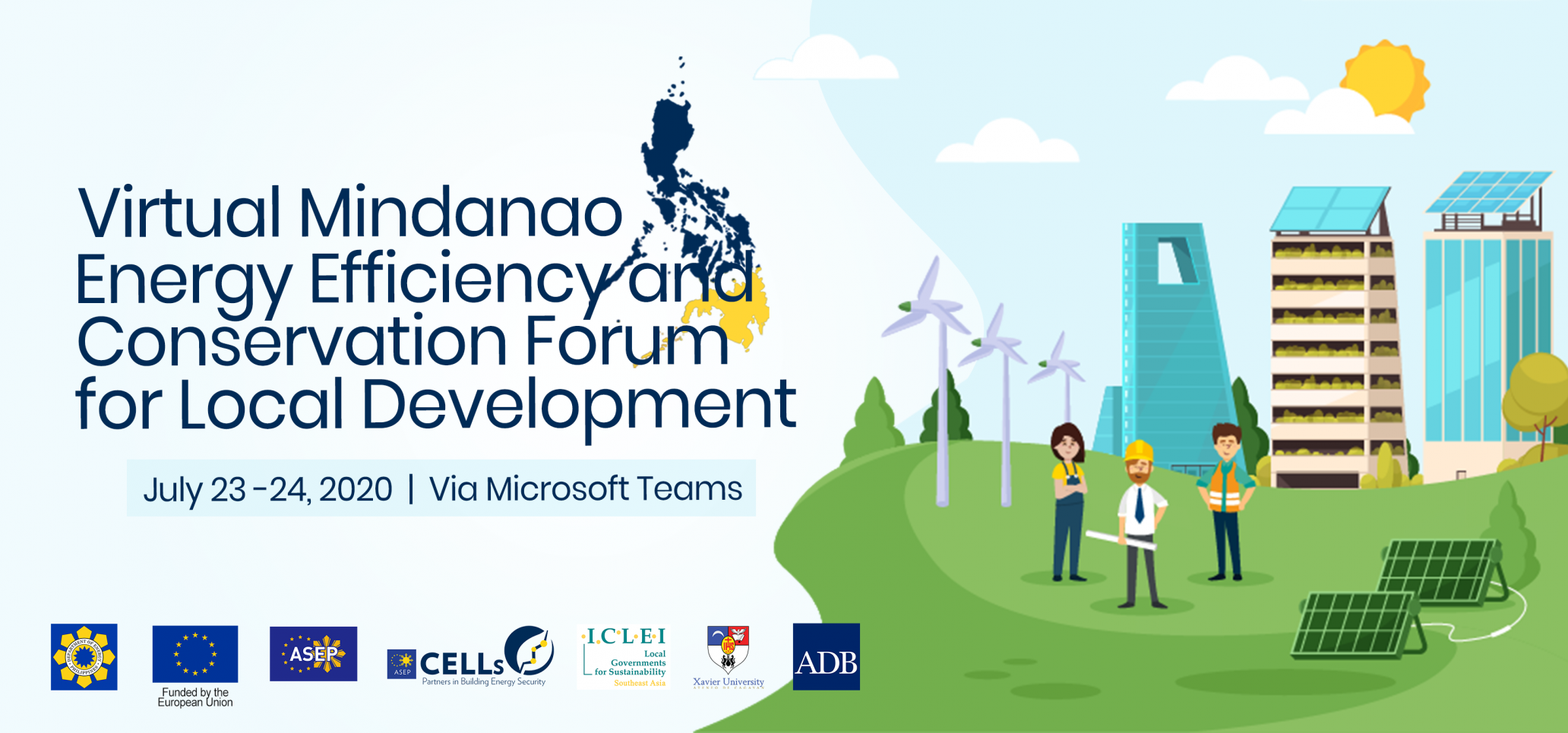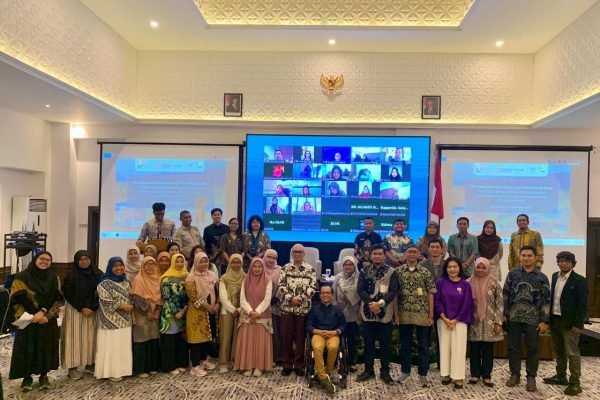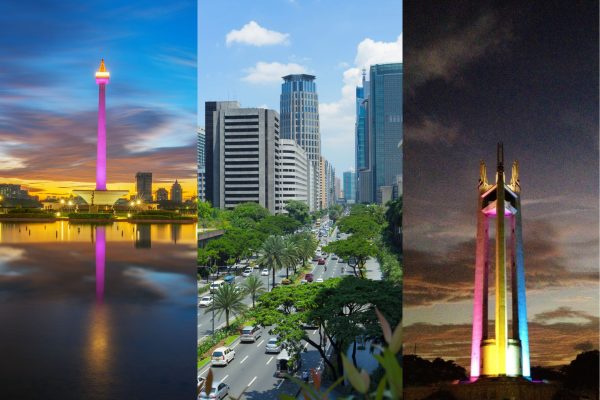This article first appeared in ASEP-CELLs’ official newsletter “Transverse”.
The COVID-19 pandemic has shown that despite stunted economic activities at a global scale, energy demand will persist upward and this trend would not leave soon. While energy consumption has dropped in the short-term due to lockdowns and decreased mobility, policymakers and governments would need to identify other energy streams to sustain growing populations, support economic roles, and commit to a low-carbon future. Greening the grid through renewables is strategic due to its decreasing costs and ecological case but is only one part of the equation. Energy efficiency and conservation – which encourages energy savings and cuts emissions using innovation and behavioral changes – is gaining local traction and the Philippines is not missing out on its benefits.
In cooperation with the Department of Energy, and partnership with the European Union-Supported Access to Sustainable Energy Programme, the Asian Development Bank, the ASEP-CELLs Project, and Xavier University, the ICLEI – Local Governments for Sustainability Southeast Asia has spearheaded the second installation of its regional forums on energy efficiency and conservation.
Last July 23-24, 2020, the Virtual Mindanao Energy Efficiency and Conservation Forum for Local Development explored the key elements of energy efficiency and conservation (EE&C) and highlighted the local framework that enables the participation of local governments and other stakeholders in streamlining EE&C in development planning.
A key part of the forum was a presentation of Director Patrick Aquino on the features of the Republic Act 11285 or the EE&C Act of 2019. In his keynote address, the Energy Utilization Management Bureau Director underpinned the importance of keeping the momentum brought by the new policy, giving local government the much-needed leverage to mainstream energy efficiency programs and activities.
“Energy efficiency drives conservation that improves productivity. In turn, less energy utilization redounds to cost efficiency. Energy efficiency brings forth conserved resources in all accounts. The advantages are boundless and limitless from the economic standpoint and on the development perspective. We all speed ahead to a progressive and sustainable Philippines.”
The forum gathered around 180 key players in the Mindanao region composed of local governments, national government agencies, the private sector, energy service providers, and academic and industry experts. The participants hailed from the entirety of Mindanao – Zamboanga Peninsula, Northern Mindanao, Caraga and Davao regions, Soccsksargen, and the Bangsamoro Autonomous Region in Muslim Mindanao – facilitating robust and wide-ranging conversations around EE&C within the context of the region.
European Union Delegation to the Philippines Acting Head of Development Cooperation Willy Hick thanked the partners for organizing a regional activity and said “This will certainly bring EE&C into a higher and broader perspective that will help improve the quality of life of the Filipino people.”
Engineer Al-Montazer Mandong of the Ministry of Environment Natural Resources and Energy of BARMM emphasized Mindanao’s support and eagerness for mutual cooperation with players within and beyond the region.
“We look forward to working closely with the government and the private sector in pursuing the implementation of the energy efficiency and conservation law, policies, and programs in addressing potential issues and concerns and in rationalizing energy demand consumption in the Bangsamoro. We can apply our learning in this forum as we gear towards energy-efficient buildings and conduct and audit our steps in lowering our energy cost our power consumption.”
After almost three decades of legislative discussions, the bill was signed in 2019, a breakthrough that will have rippling effects on the country’s energy security agenda. Under the EE&C Law, local government units shall capture their EE&C initiatives in a local EE&C plan, ensuring harmony with their existing development plans and objectives. The forum also tackled other critical areas for energy efficiency such as developing and financing projects, creating incentives, and exploring local technologies and innovations.
Energy efficiency brings multiple benefits such as boosting the sustainability of energy systems, enabling local governments’ social and economic objectives, and encouraging environmental targets. Achieving sustainability requires a set of tools and frameworks to tackle complex development challenges. Energy efficiency and conservation – with its economic, environmental, and social advantages – forms a critical part of the answer, and ICLEI-SEAS is dedicated to bridging the gap with its local government partners.




